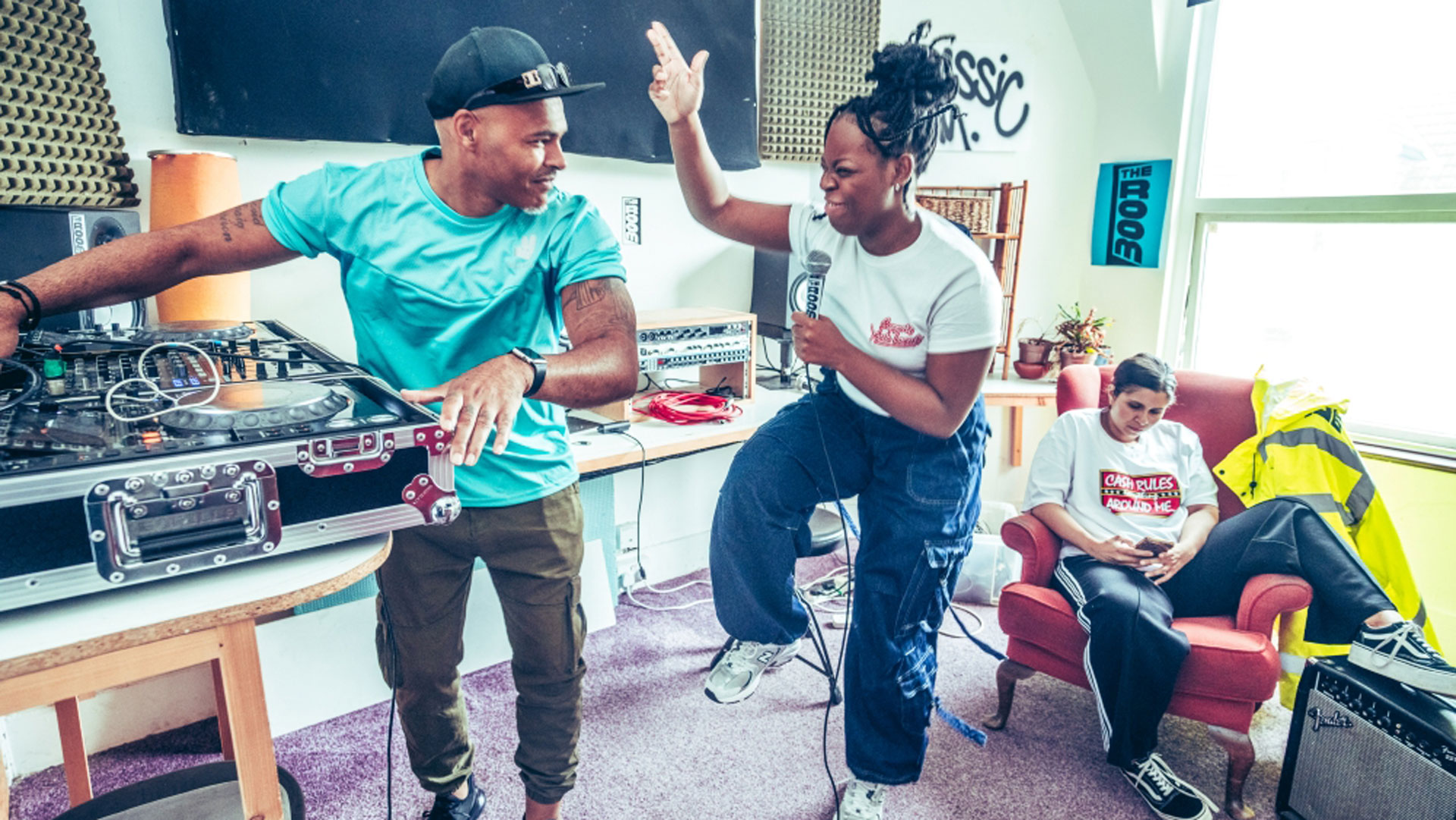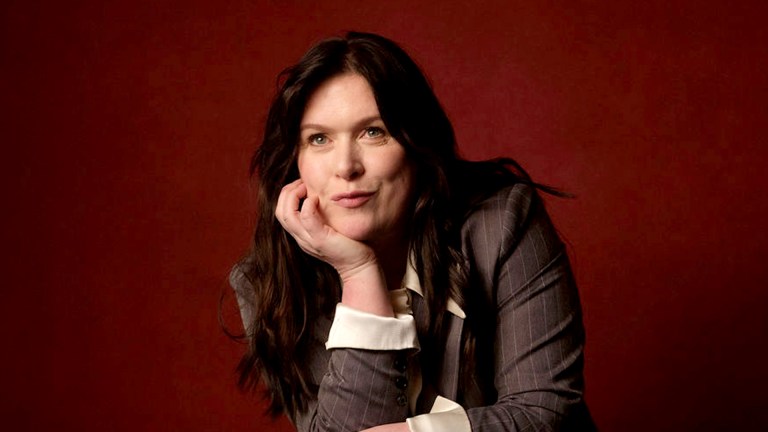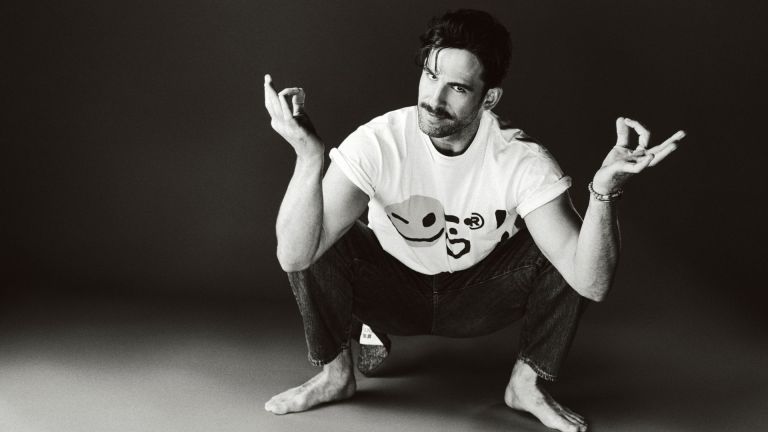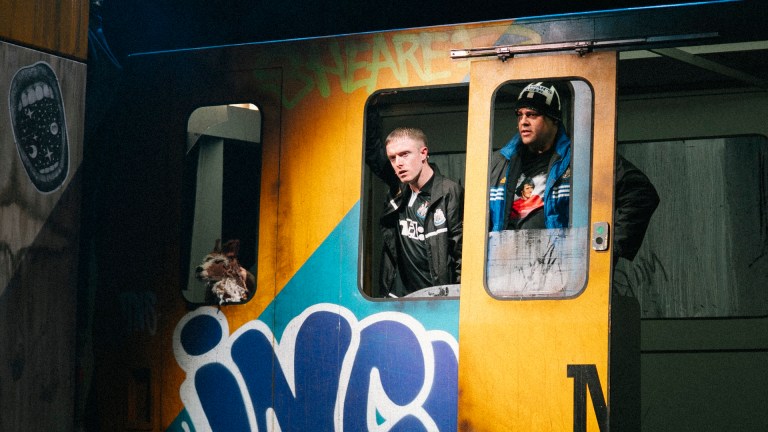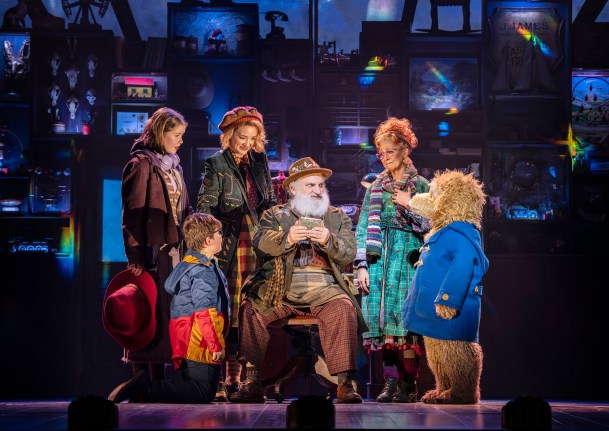The Castlemorton Common Festival in 1992 was the UK’s largest illegal rave. Castlemorton was widely covered by the media, resulting in around 50 arrests and uproar in Parliament about “anti-social” behaviour. This led to the passing of the 1994 Criminal Justice and Public Order Act, clamping down on unlicensed parties, including gatherings where the music was “characterised by the emission of a succession of repetitive beats”.
At the time, Liberty (an organisation I went on to run from 2003-16) condemned the measures as “wrong in principle and likely to violate the European Convention on Human Rights”.
Brassic FM, a new play co-created by writer Zia Ahmed and director Stef O’Driscoll and about to open at the Gate Theatre in London, looks back on those events and draws a direct line from the 1994 act to the Police, Crime, Sentencing and Courts Act of only last year. Just as the 1994 Act sought to prevent large gatherings of people at a rave, the 2022 act prevents and restricts “unacceptable” protests – which, in its ambiguity of definition, could mean any form of protest whatsoever.
Preventing people from gathering collectively means that it becomes impossible meaningfully to resist systems which reach outside conventional morality or the rule of law. It should scare us all when the authorities attempt to stifle any form of collective gathering – an audience at a rave, a crowd at a demonstration or a vigil for a murdered young woman.
In the fight for social justice, I’ve always believed that art is one of our most important tools. New fiction, new drama and new stories shed new light on our world today. They bring insight and joy in uncertain times and can often reach more people than is possible through journalism, rhetoric and even the law.
Invaluable political change can, therefore, be achieved by giving people agency not just to understand but challenge the circumstances in which they live. In the case of live performance, we carry out this work together. As members of an audience we become active participants in new communities built night after night.
